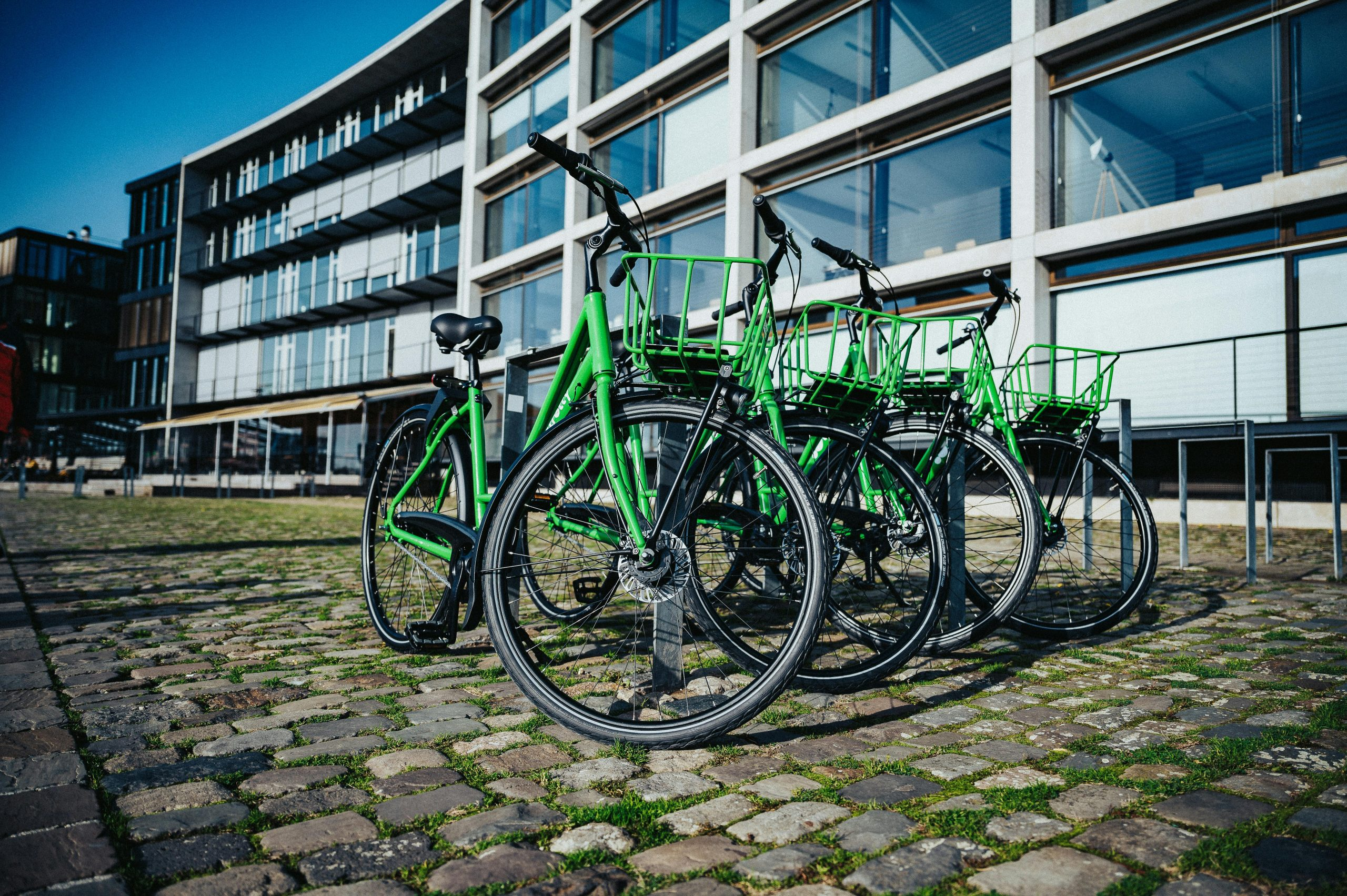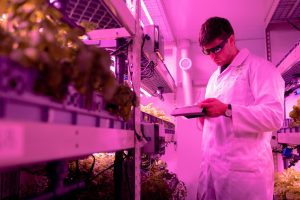How Transportation Technologies Are Solving Global Mobility Challenges
In today’s fast-paced world, the need for efficient and sustainable transportation is becoming increasingly important. As the global population continues to grow, so does the demand for mobility. But with limited resources and growing environmental concerns, traditional transportation methods are no longer able to keep up. Fortunately, advancements in technology have paved the way for innovative transportation solutions that not only tackle global mobility challenges but also pave the way for a more sustainable future. In this article, we will explore the various ways in which transportation technologies are solving global mobility challenges.
The Rise of Electric Vehicles
The transportation sector is responsible for a significant portion of carbon emissions, making it a major contributor to global climate change. In an effort to reduce emissions and combat air pollution, electric vehicles (EVs) have emerged as a viable alternative to traditional gasoline-powered cars. Not only are EVs environmentally friendly, but they are also more efficient and affordable in the long run.
Improving Infrastructure with Smart Cities
As more and more people migrate to urban areas, the strain on transportation infrastructure becomes apparent. Traffic congestion, air pollution, and inefficient public transport systems are just a few of the challenges that arise from rapid urbanization. To address these issues, the concept of smart cities has emerged, using technology and data to optimize transportation systems. These smart cities aim to reduce travel time, improve safety and create a more sustainable environment through the use of advanced transportation technologies.
The Role of Autonomous Vehicles
Autonomous vehicles, commonly referred to as self-driving cars, are another innovation that is set to revolutionize the transportation industry. With the use of sensors, cameras, and advanced algorithms, autonomous vehicles are able to navigate roads without the need for human intervention. This technology not only promises to make travel more convenient but also safer. By eliminating human error, autonomous vehicles could drastically reduce the number of road accidents and fatalities.
The Impact of Ride-Sharing and Carpooling
Ride-sharing and carpooling have gained popularity in recent years as a cost-effective and sustainable way to travel. This not only reduces the number of cars on the road, but it also helps to alleviate traffic congestion and reduce carbon emissions. With the use of transportation apps, individuals can easily find and share rides with others, leading to more efficient and eco-friendly transportation.
Integrating Public and Private Transport
The integration of public and private transportation is another area where technology is making a significant impact. By combining different modes of transportation such as buses, trains, and ride-sharing, individuals have more options for getting to their destination. This not only provides a more convenient and efficient way to travel but also encourages people to use more sustainable modes of transportation.
The Future of Transportation Technologies
The advancements in transportation technologies show no signs of slowing down. From hyperloop trains to flying taxis, there are many exciting developments on the horizon that have the potential to further transform our transportation systems. These innovations are not only helping to solve global mobility challenges but also shaping a greener and more connected world.
In conclusion, transportation technologies are playing a crucial role in solving global mobility challenges. With a focus on sustainability, efficiency, and convenience, these innovations are revolutionizing transportation and paving the way for a more connected and sustainable future. As technology continues to evolve, we can expect to see even more groundbreaking advancements that will further improve our transportation systems.











